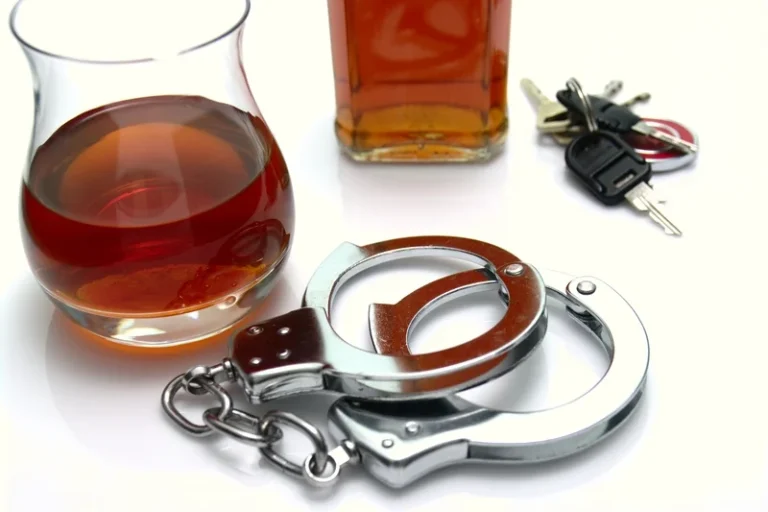
But in terms of common testing procedures, hair follicle tests are typically looking for cannabis use back 90 days. A blood test may detect marijuana in blood more quickly than a urine test and up to two days from consumption. However, it’s not as commonly used because THC can’t be detected in blood for as long as it can be detected in urine. THC metabolites stay in the body for at least 1–30 days after use.
- The difference between occasional users and frequent users can be vast.
- A 2017 review found that a person who has used cannabis just once may receive a positive urine test for up to 3 days after last use.
- Physical activity also lowers BMI and stimulates fat cells to release more THC.
Effects of THC
After helping out almost 200 people (in the comments), we have decided to put together a THC elimination calculator. You can input your sex, weight, height, metabolism and activity levels. There is no way to accurately predict how long it will take an individual to metabolize cannabis and eliminate it from their bodies.
Mechanisms of Action and Pharmacokinetics of Cannabis
- As explained above, THC-COOH is a metabolite formed when the liver breaks down the active THC compound.
- THC and 11-hydroxy-THC are detectable in the bloodstream after cannabis is ingested through the digestive tract.
- And many private companies now include tests for synthetic cannabinoids in their repertoire, making this approach both dangerous and futile.
- On the way, a few cheeky ones will enter the blood vessels that feed the cells in the scalp.
- Cannabis can enter the saliva via smoking and through exposure to smoke.
- If you used weed today, the metabolites would only show up in your hair for seven to 10 days afterward.
Effects appear alcohol rehab almost immediately after smoking cannabis. However, it may take 1–3 hours for effects to peak when cannabis is ingested. Since hair grows approximately 0.5 inches per month, a 1.5-inch hair segment taken close to the scalp can provide a timeline of cannabis use over the past 3 months.
CBD Oil: What are 9 Proven or Possible Health Benefits?

Exposure to second-hand marijuana smoke or physical contact with someone who has handled cannabis could potentially lead to a false positive. Note that some drug testing companies will reject overly diluted urine. If they do this, you will probably get a https://ecosoberhouse.com/ chance to re-test, which at the very least will give you some more time for your body to clear the marijuana metabolites.

COVID Long-Hauler’s Symptoms Significantly Improved with Psilocybin, MDMA

Smoking or eating edibles changes how long THC stays in your body. Each method has its own time frame for excretion, detectable in saliva, urine, and hair tests. This highlights the need for accurate detection methods in different situations. The window of detection for weed in a person’s blood may how long for weed to leave your system be up to 12 hours.

The most common standard urine drug test can detect THC up to 90 days after inhalation/ingestion. Does that mean that everybody who has smoked a joint in the last 90 days will test THC positive? Of course not; it depends on how frequently you smoke, M/F and how much you weigh. Additionally, tests can detect THC for longer periods in individuals who use cannabis products more frequently. This is because chronic cannabis use will result in THC accumulating in fatty tissues, which will result in a slower elimination of metabolites. Drug tests look for the presence of the cannabinoid tetrahydrocannabinol (THC) and its metabolites.
- On average, urine tests can detect THC from three to seven days.
- How long does weed stay in your system before you can pass a drug test?
- So how you took your marijuana, your dose, how often you use, and your body fat levels (if you are a frequent user) will all affect how long a drug test will come up positive for marijuana.
- The time it stays detectable varies based on how often someone uses it.
- However, it may be detectable for up to 3 days after intake in a more sensitive lab saliva test.
How does THC concentration affect detection times?
These metabolites stay in your system long after weed’s effects have worn off. Weed’s short-term effects start to fade after 1 to 3 hours. Some effects, such as memory or sleep problems, can last a few days. For daily users, marijuana may be detectable for several months after the last use. Others who continue to smoke cannabis may attempt to tamper with their urine, adding chemicals such as pyridinium chlorochromate or peroxidase that eliminate THC-COOH in the sample.



